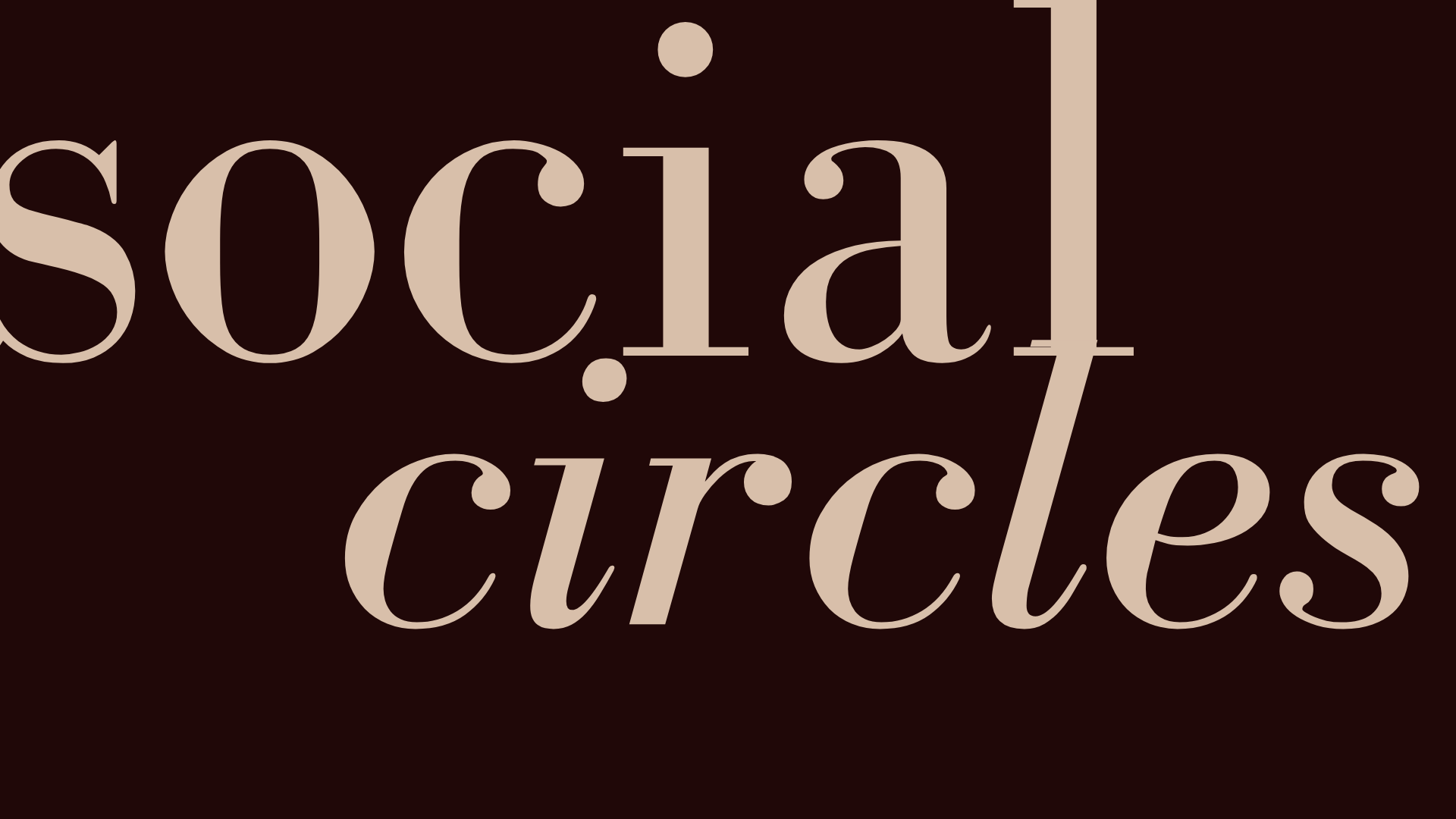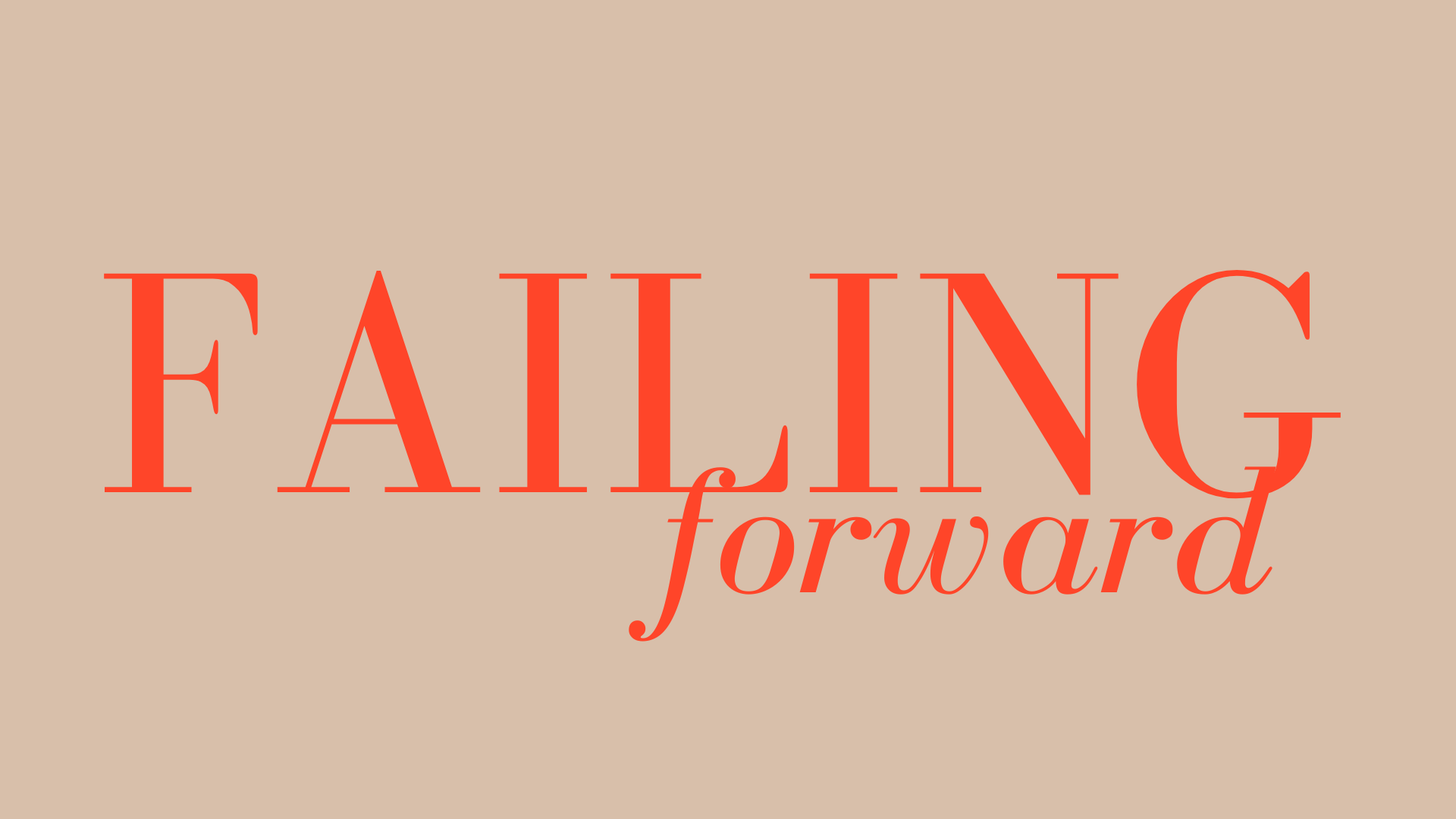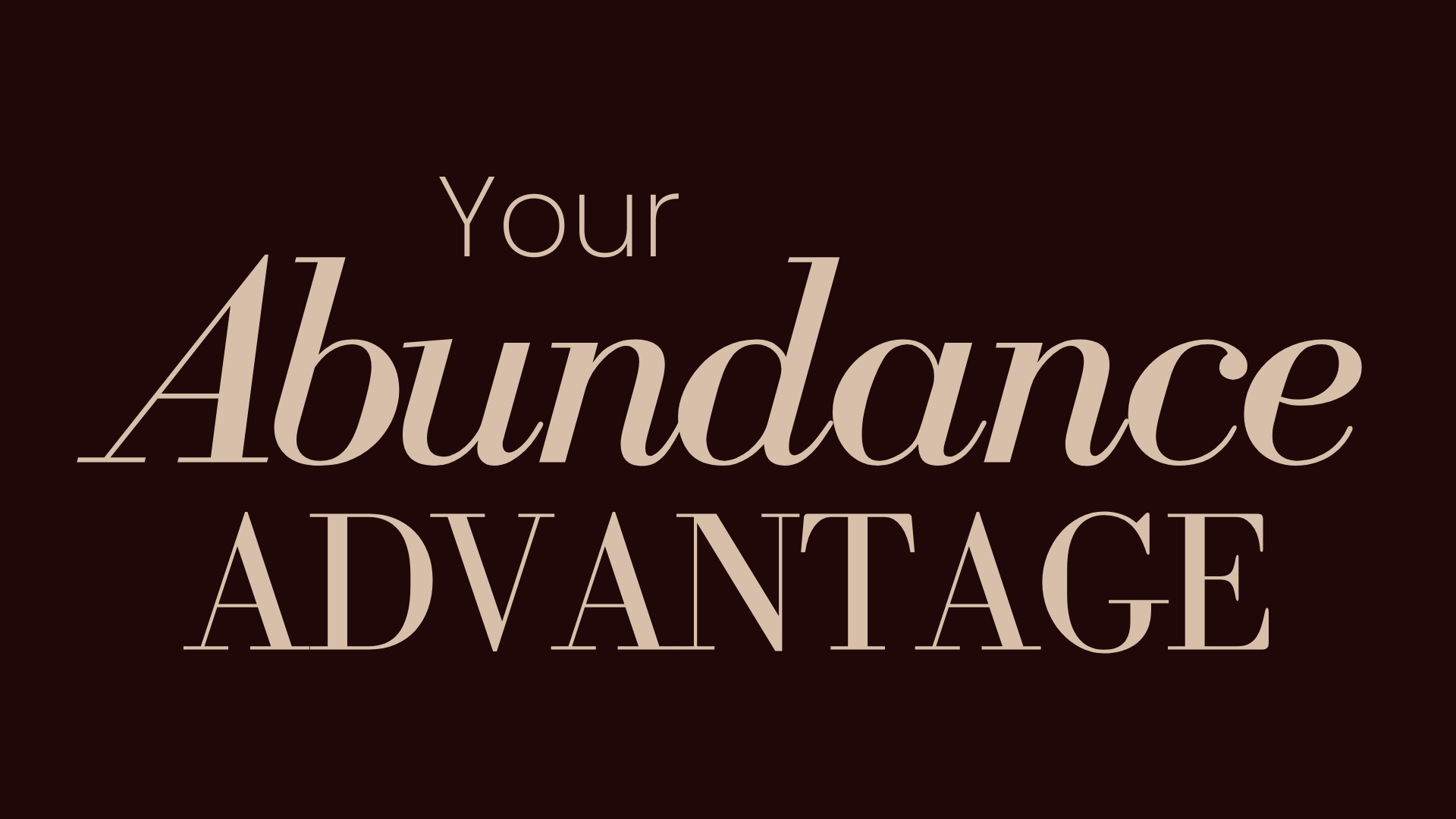Forget Networking. Think in Social Circles.
Forget ‘networking’ and ‘making contacts’. It’s likely the influence of your friends and social circle on your personal brand that you’re underestimating.
With over 15 years in marketing and as an MBA alumnus (and former alumni President), I’ve heard the word ‘networking’ more times than it should ever be used. And personal branding is often most guilty of fuelling this conversation.
Your professional relationships are, of course, critically important to your success. But, a disproportionate focus on your professional network for your personal brand can overshadow the value of your social network overall - namely your friends. So, instead of making ‘contacts’, make friends. Or more specifically, take a closer look at the ones you already have. And the impact they could be having (positively or negatively) on your personal brand - and your life.
Here are five tips to remember about the friends you keep:
Tip #1: You are who you spend your time with
Your friends can have the most impact on your success.
In The Compound Effect, Darren Hardy says:
“According to research by social psychologist Dr David McClelland of Harvard, the people you habitually associate with determine as much as 95 per cent of your success or failure in life.”
This could be an exciting or concerning prospect depending on your sphere of influence.
Tip #2: You’re not the average of “five people you spend your time with”
You’ve likely heard the phrase made popular by motivational thought leader Jim Rohn:
“You’re the average of the five people you spend the most time with.”
Yet this popular rhetoric is deceiving. It doesn’t go far enough. Your social network can have an even greater impact on you than you may know.
As Brendon Burchard highlights in High Performance Habits, researchers have made fascinating strides in the phenomenon of “clustering”. It has found behaviours, attitudes and even health outcomes form in social clusters.
The people around you affect your sleep, diet and spending habits. This dynamic of ‘social contagion’ has its upsides and its downsides. Smoking, obesity, loneliness, depression, divorce and drug use tend to grow in social clusters.
To expand beyond the book further, consider the study of Nicholas Christakis and James Fowler. The pair examined the data from the Framingham Heart Study. This was one of the largest and longest health studies ever conducted. It led to captivating, yet alarming discoveries.
They concluded that if your friend becomes obese, you’re 45 percent more likely to gain weight over the next 2-4 years. If that wasn’t concerning enough, it doesn’t stop there. The duo found that if a friend of your friend becomes obese, you’re 20 percent more likely to gain weight. Even if you don’t know the friend. It goes one step further. If a friend of a friend of a friend becomes obese, you’re 10 percent more likely to gain weight.
The research demonstrates the power of social circles. So, remember to choose your friends wisely, because as they say:
“Show me your friends and I’ll show you your future.”
Tip #3: Make friends
In business, we overemphasise the importance of ‘networking’ and underemphasise the importance of making friends.
Eric Barker in Barking Up the Wrong Tree, eloquently describes ‘networking’ for what it is - ‘icky’. But, when like children, you focus on just making friends, the problem goes away.
Not only do you benefit professionally, but you do personally and physically as well. Research has shown having only a few friends is more dangerous than obesity. It is also the equivalent risk to your health as smoking fifteen cigarettes a day.
So, instead of ‘networking’, focus on genuine relationships. Not just superficial ones made online either, for which Barker says:
"Having “friends” stacked like books in a digital library on a network is not the same as actually talking to people and spending time with them. That’s not a relationship; that’s virtual stamp collecting."
There’s a reason why Dale Carnegie’s iconic classic wasn’t called How to Make Contacts and Influence People and was instead called How to Win Friends and Influence People. From remembering people’s names to keeping birthday books, Carnegie advocated for personalising your relationships. Not for a bag of party tricks, but for what he describes as a new way of life.
Instead of ‘networking’, join groups based around friendship. Like groups that meet regularly for lunch, watch sports together or have a book club. For more ideas, visit last week’s blog on How Hobbies Can Work For Your Personal Brand.
Tip #4: ’New’ friends are not always better for your personal brand
Growing up, my best friend and I were (and still are) obsessed with Baz Luhrmann’s The Sunscreen Song. If you know it, you’ll remember it’s a litany of life wisdom. One pearl resonated even more than others:
“Understand that friends come and go, but for the precious few you should hold on. Work hard to bridge the gaps in geography and lifestyle because the older you get, the more you need the people you knew when you were young.”
In a rare find for career development thought leadership, I saw this thinking reflected in Sukhinder Singh Cassidy’s Choose Possibility.
When it comes to generating opportunities, Cassidy reminds you what Management Professor David Burkus says:
“Your old friends are better than your new friends.”
Because, your old friends are likely going to be more invested in you than those you meet at networking events. Cassidy says:
"But for all the pressure we put on ourselves to make cocktail connections, our greatest chance of finding an exciting new career opportunity comes from our own deepest professional connections.”
Tip #5: The science of socialising
In Leaders Eat Last, Simon Sinek delves into the neuroscience of your relationships.
You are wired for ‘social chemicals’ such as serotonin and oxytocin. Sinek proposes these are the backbone of your ‘Circle of Safety’. They encourage trust, bonding and friendship. And, when you do things that promote them, you feel a sense of security, fulfilment and belonging.
Dopamine (what Sinek describes as our ‘selfish chemical’) promotes instant gratification. Oxytocin, however, is long-lasting. The more time you spend with someone, for example, the more you are willing to be vulnerable with them. Oxytocin is released during physical contact, generosity and acts of service. These are all things prolific amongst not mere ‘contacts’ but friends.
The next time you talk about ‘expanding your network’ or are filling your calendar with traditional networking events, reassess. Ask yourself - are you choosing your friends wisely?





